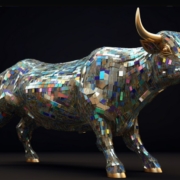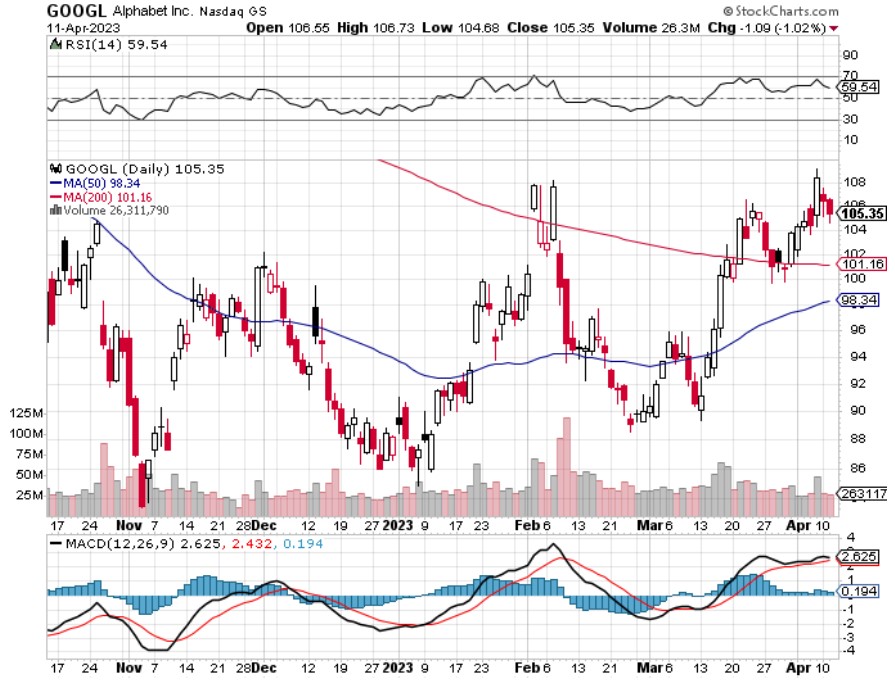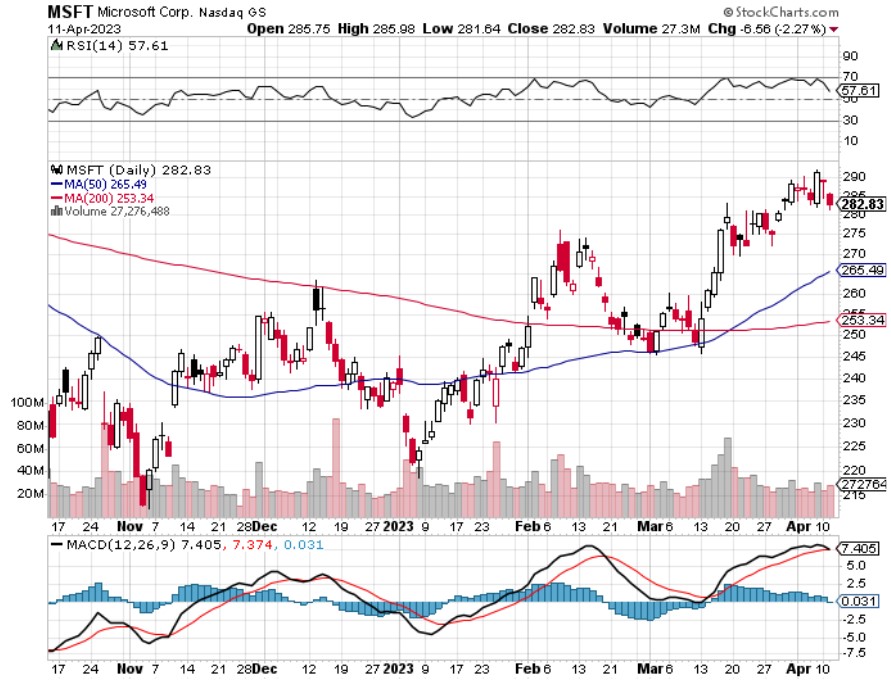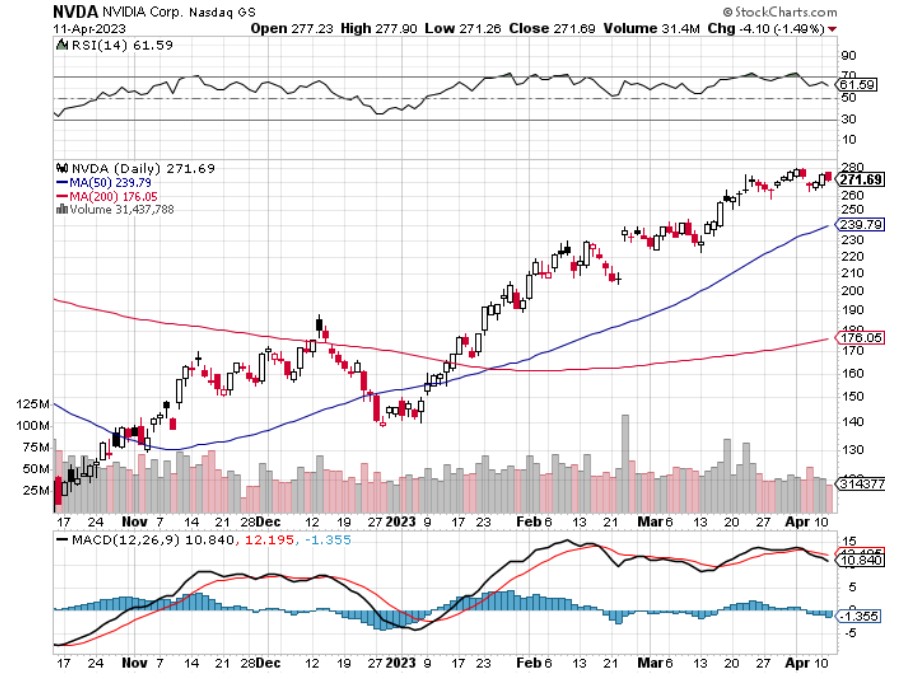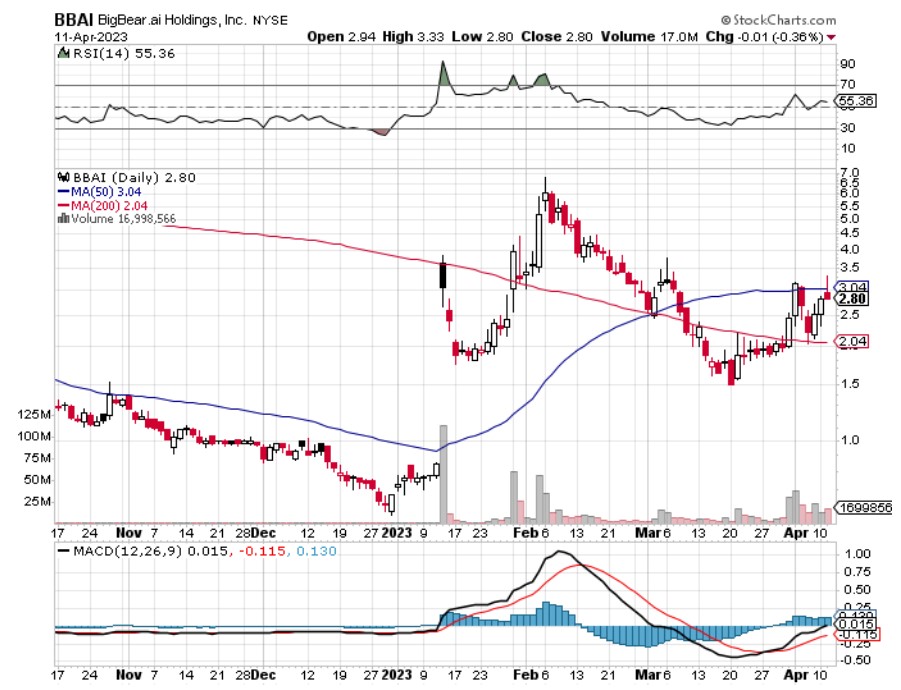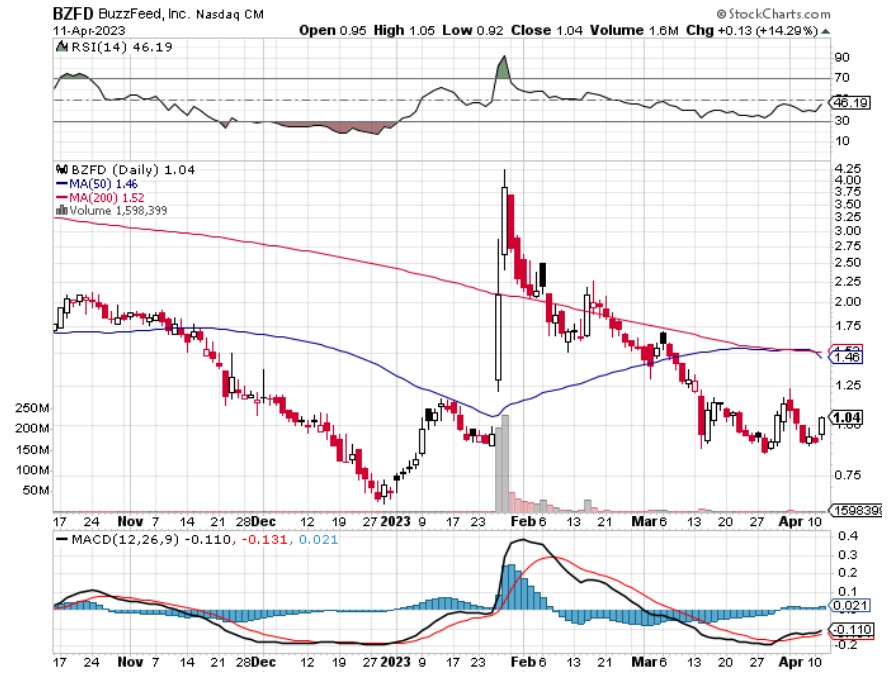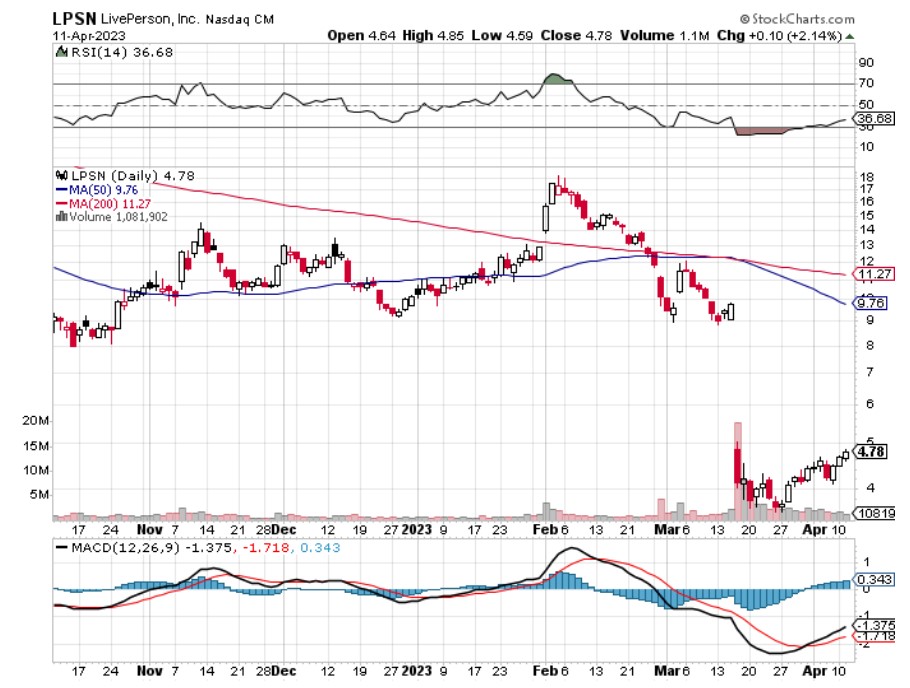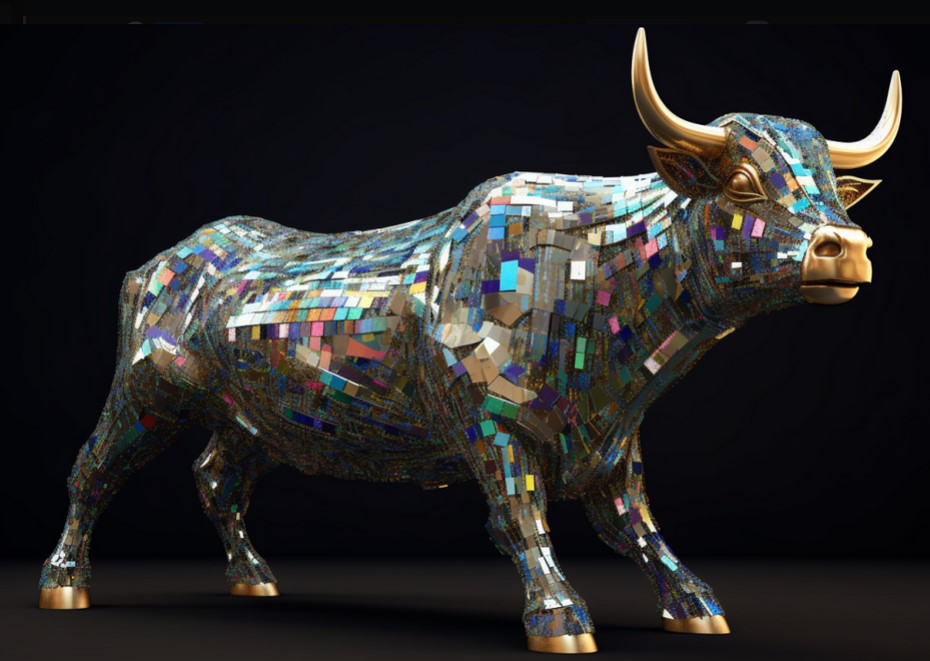IS AI THE NEW BLOCKCHAIN FRENZY?
(TSLA), (META), (GOOGL), (MSFT), (NVDA), (BBAI), (BZFD), (AI), (RTX), (BKR), (LPSN)
Ah, the volatile world of finance, where euphoria and buzzwords can drive traders into a frenzy of speculation. In this case, the term du jour is "artificial intelligence," (AI) and it is causing quite a stir among investors.
What sparked this fervor, you might ask? None other than OpenAI’s ChatGPT.
In 2015, tech investor Sam Altman sought to do the revolutionary: create a nonprofit that would harness AI technology for the greater good of humanity. His mission was backed by powerful personalities, including Tesla's (TSLA) Elon Musk and LinkedIn co-founder Reid Hoffman, virtually ensuring success from its maiden voyage onwards.
By 2019, OpenAI launched a for-profit arm, enabling the organization to raise funds more quickly to fuel the computational power required to train its algorithms.
When it comes to making a grand entrance, though, only a handful of apps can compete with OpenAI’s highly sought-after product: ChatGPT.
When it was launched, the AI-powered chatbot reached a remarkable milestone: one million users in just one week. This was no easy task, given how long it took social media behemoths Facebook (META) and TikTok to amass such a large user base.
ChatGPT is essentially an electro-Mark Twain. It can not only create persuasive marketing messages and enticing ad copy, but it can also create complex computer programs.
But that isn't all. Investors are excited about ChatGPT's potential to compete with even the most established tech giants, such as Google (GOOGL).
Furthermore, this artificial intelligence chatbot technology is rapidly gaining traction in the venture capital world, and for good reason: a potentially massive $29 billion valuation. To put that in context, it's more than double the company's value from last year.
These headlines are based on talks of some serious wheeling and dealing going on behind the scenes. Two major venture capital firms are reportedly in negotiations to acquire a significant stake in OpenAI—and they're not playing around. According to reports, Thrive Capital and Founders Fund are willing to pay more than $300 million for these deals.
Needless to say, these updates reinforce the promises made when ChatGPT first swept the world.
OpenAI's remarkable success in the midst of a tumultuous tech industry is nothing short of astounding. Despite the NASDAQ's decline and the impact it has had on other companies, this innovative organization has skyrocketed to unprecedented heights with booming valuations.
With all the advancements in this booming industry, it is only natural to wonder how to get a piece of the action.
The good news is that investing in ChatGPT is not only for high-rollers. While some of the companies set to invest in the AI chatbot may require accredited investor status and deep pockets, there is still an opportunity for regular folks to get in on the action.
You can simply invest in a publicly traded fund that has indirect exposure to ChatGPT. With this approach, you can dip your toes in the ChatGPT pool without necessarily needing a big investment account.
For instance, Microsoft (MSFT) is making a statement with their big bet on OpenAI, reportedly increasing investment to a whopping $10 billion. What began as a modest $1 billion investment in 2019 has catapulted the relationship between these two tech giants into a deeper partnership
This enormous boost will provide OpenAI with critical funding as well as cloud computing power to run increasingly complex models. In exchange, Microsoft plans to use OpenAI's technology in a variety of products, including Bing's search engine and Microsoft Design.
It is also worth noting that Nvidia Corp. (NVDA) is on everyone's lips. This semiconductor manufacturer may be best known for its graphics chips, which serve as potent fuel sources for AI software models, but it may soon achieve even greater prominence as a major player in the rapidly expanding AI development industry
As the AI hype fuels market optimism, we can expect more companies to add AI to their names and jump on the secondary stock offering bandwagon. After all, we're still in the early stages of the AI boom, and we can expect even more businesses to follow suit in the coming months.
Consider BigBear.ai Holdings Inc. (BBAI), which has seen its share price nearly fivefold increase as a result of its use of AI to assist clients in data analysis.
Or BuzzFeed Inc. (BZFD), a media company that has struggled with digital advertising, saw its stock price increase by more than 300% in just two days after announcing its plan to integrate AI-based content into its "core business."
C3.ai Inc. (AI) is one of the top-performing software makers, with a 77% rally last month, driven by customers like Raytheon Technologies Corp. (RTX) and Baker Hughes Co (BKR).
LivePerson Inc. (LPSN) is making waves with plans to integrate generative capabilities from OpenAI, causing its shares to surge by as much as 19%.
Meanwhile, Baidu Inc. is the latest company to jump on the chatbot bandwagon, with plans to launch its own version of ChatGPT. Unfortunately, the news did not increase the company's stock price.
Once again, the stock market is rife with euphoria over the newest technology craze. For those who've been around the block a few times, the situation is starting to feel a little too familiar. Remember the blockchain frenzy of 2017? Yes, this feels like déjà vu.
Back then, everyone was vying for a piece of the action, from companies to traders, only to see their stock gains evaporate faster than a snowman in July. Now, it's happening all over again with AI.
Make no mistake: AI is a paradigm-shifting technology with unfathomable growth and innovation potential. Nonetheless, as with any burgeoning fashion, buyers should proceed with caution. After all, not all AI companies are created equal, and not all investments are profitable.
That is not to say that investors should avoid AI entirely; far from it. However, they should be aware of the risks involved and conduct thorough research before jumping in with both feet. Because, while AI may be the future, the path to riches is paved with caution rather than blind enthusiasm.

